By Badylon Kawanda Bakiman
For several years now, Appuis aux initiatives paysannes pour le développement (AIPD), a platform of over 50 peasant and farmer organizations based in Kikwit, an economic and political town in Kwilu province in the south-west of the Democratic Republic of Congo (DRC), has been using agro-ecological practices in its farming activities from time to time, to ensure that the environment is not disturbed and that productivity increases.
The organization’s field animators report that all these practices have been taught to all the farmers’ organizations (FOs) and farmers supervised by AIPD.
Agroecological practices are farming methods that mimic natural ecosystems to improve productivity, soil health and biodiversity. They aim to reduce the use of chemicals, minimize environmental impact and promote a more sustainable and resilient agriculture”, explain the facilitators contacted.
They add that agroecological practices, such as crop rotation, the use of compost and manure, biological pest control and reduced use of pesticides and chemical fertilizers, enable farmers to reduce their input costs and maintain healthy soils…
“These activities take place on the Lukamba axis, the Mudikalunga axis and the Kwenge axis. The experiment has produced good results: the environment is not disturbed. Farmers’ production often increases by 20-30% per season”, say the AIPD animators after their field visits.
They also affirm that their platform regularly receives students from the University of Kikwit’s Faculty of Agronomy for fruitful internships in this field.
Exchange visit to Idiofa
In view of the results achieved, a few days ago an AIPD delegation visited Idiofa, an agricultural area located over 70 kilometers from Kikwit in the Kwilu province. The aim was to exchange experiences with a number of local farmers.
“We presented how we use agroecological practices such as agroforestry, improved fallow, mulching, crop association, crop rotation, etc., and the results obtained. Friends have capitalized on these practices”, they point out.
A number of sustainable development players who have seen these achievements have expressed a desire to extend all these practices to other parts of Kwilu province and elsewhere, where agriculture remains one of the main activities for boosting the economy.

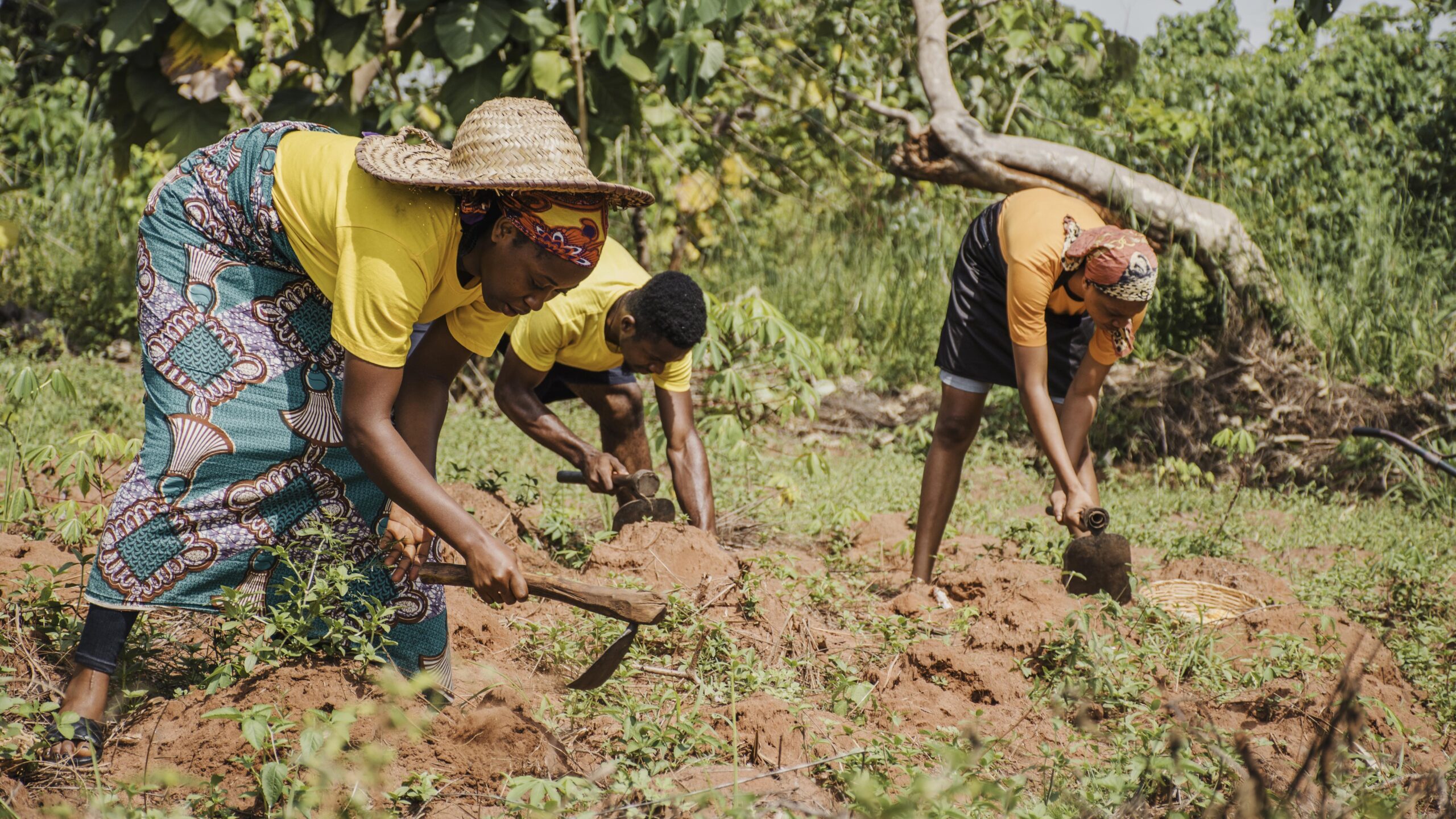
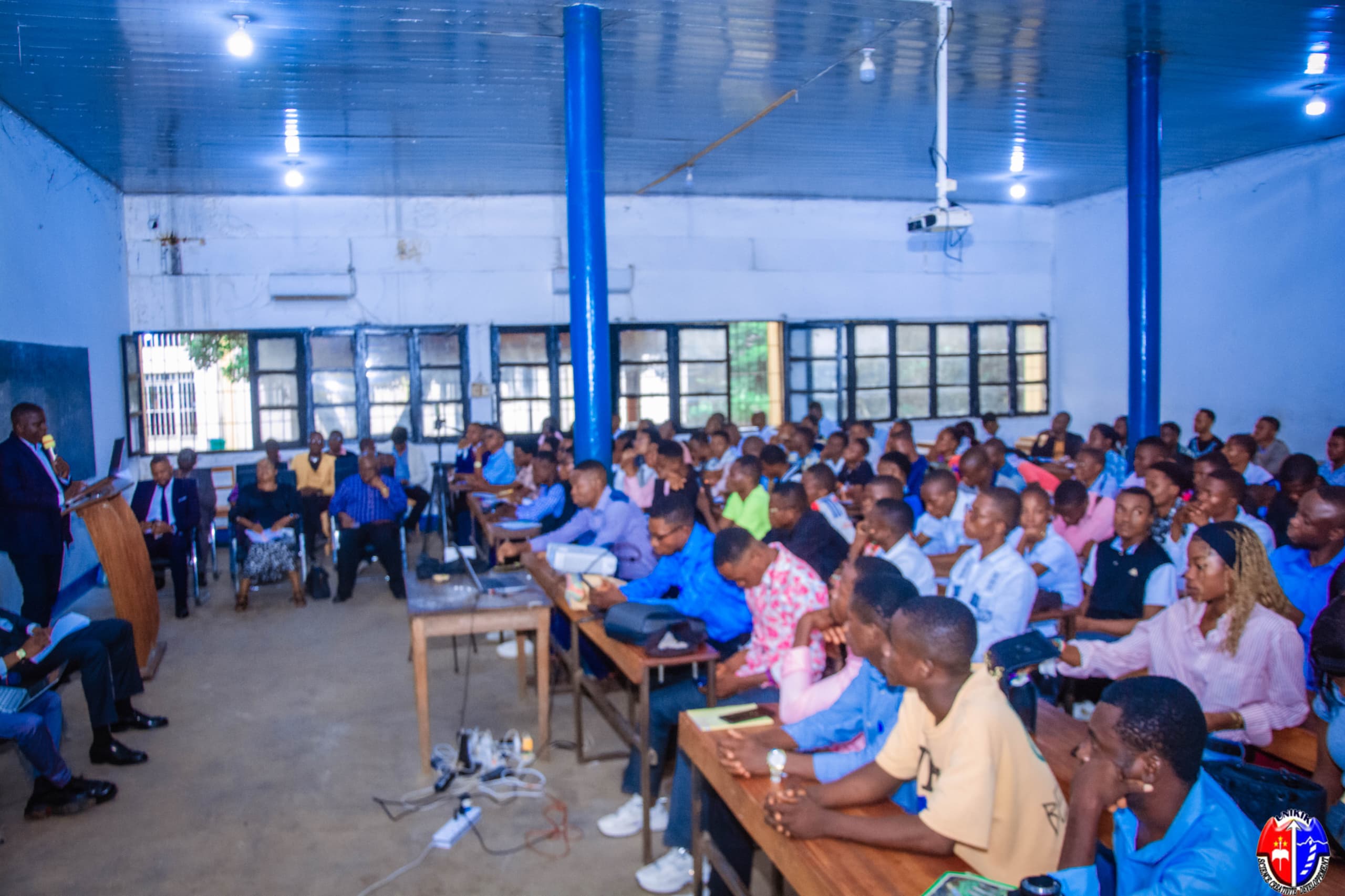
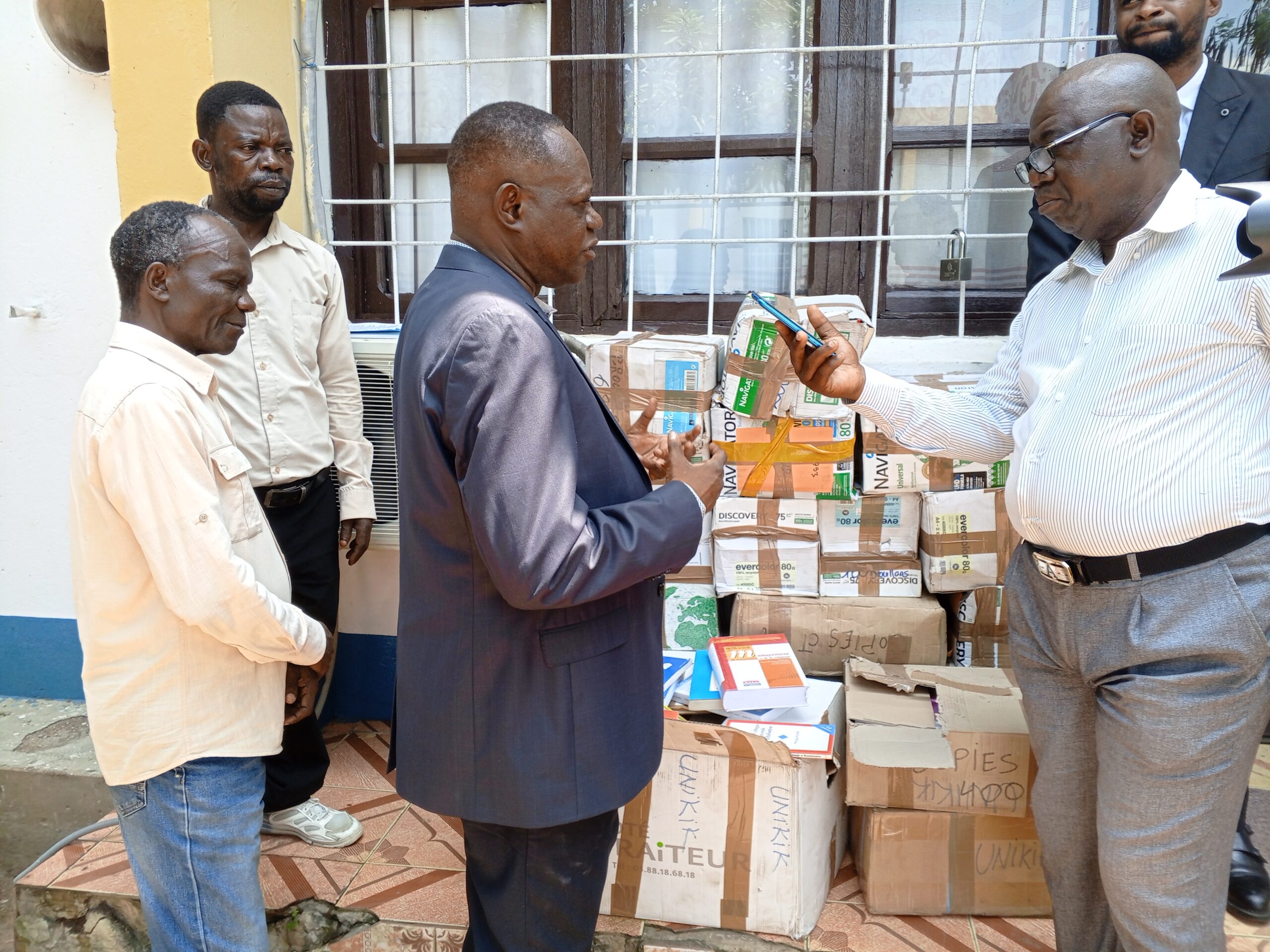
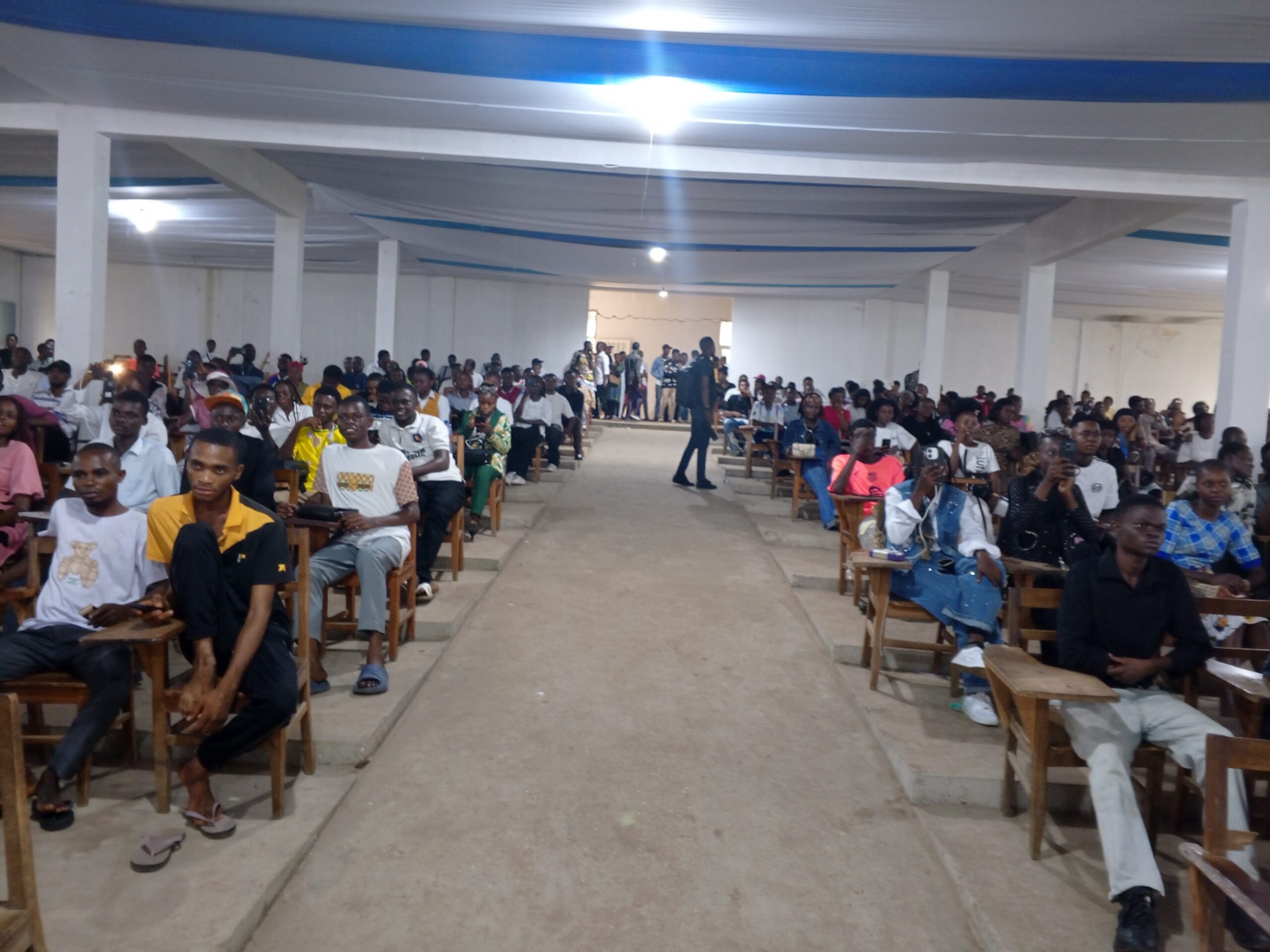
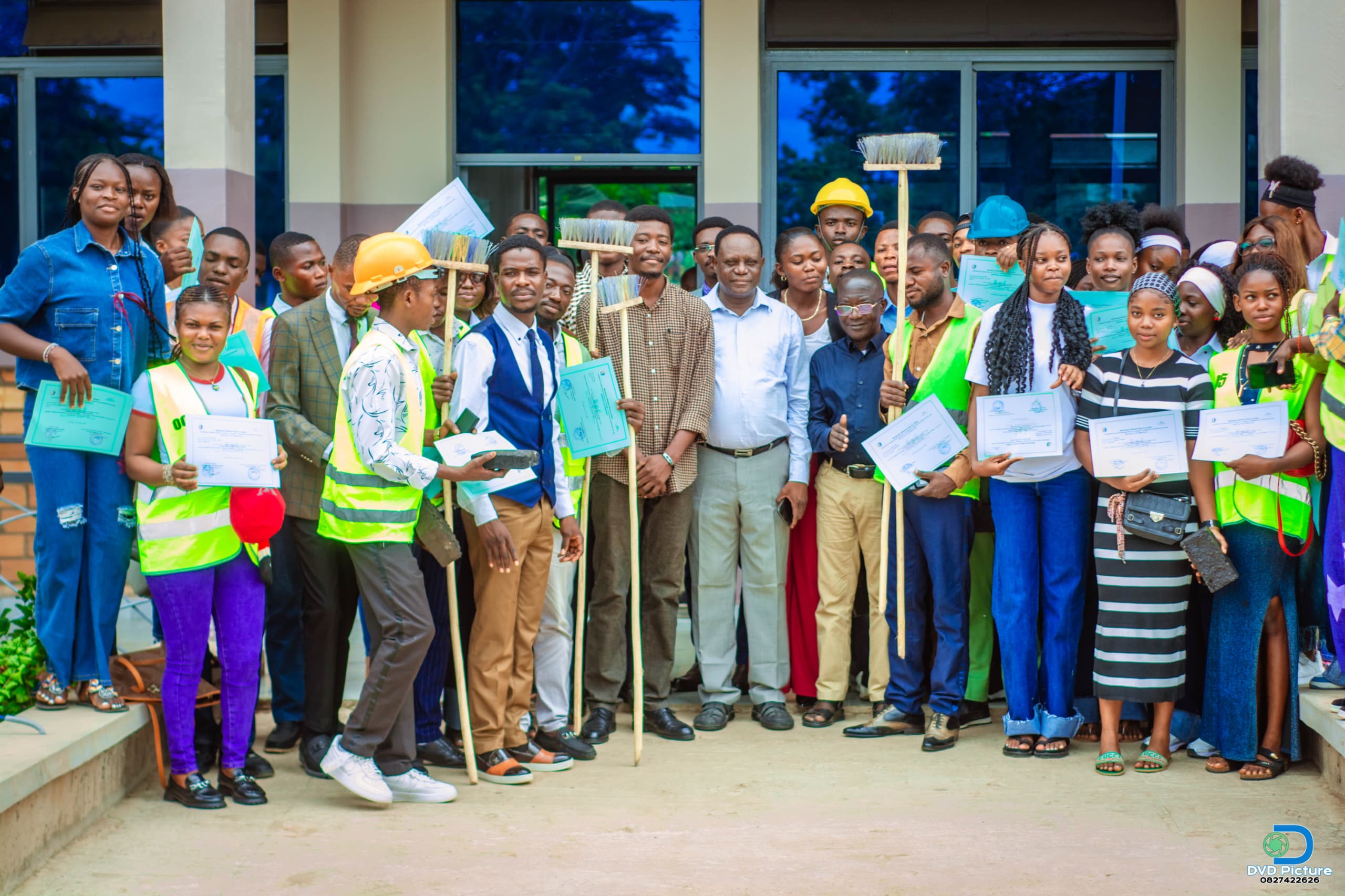
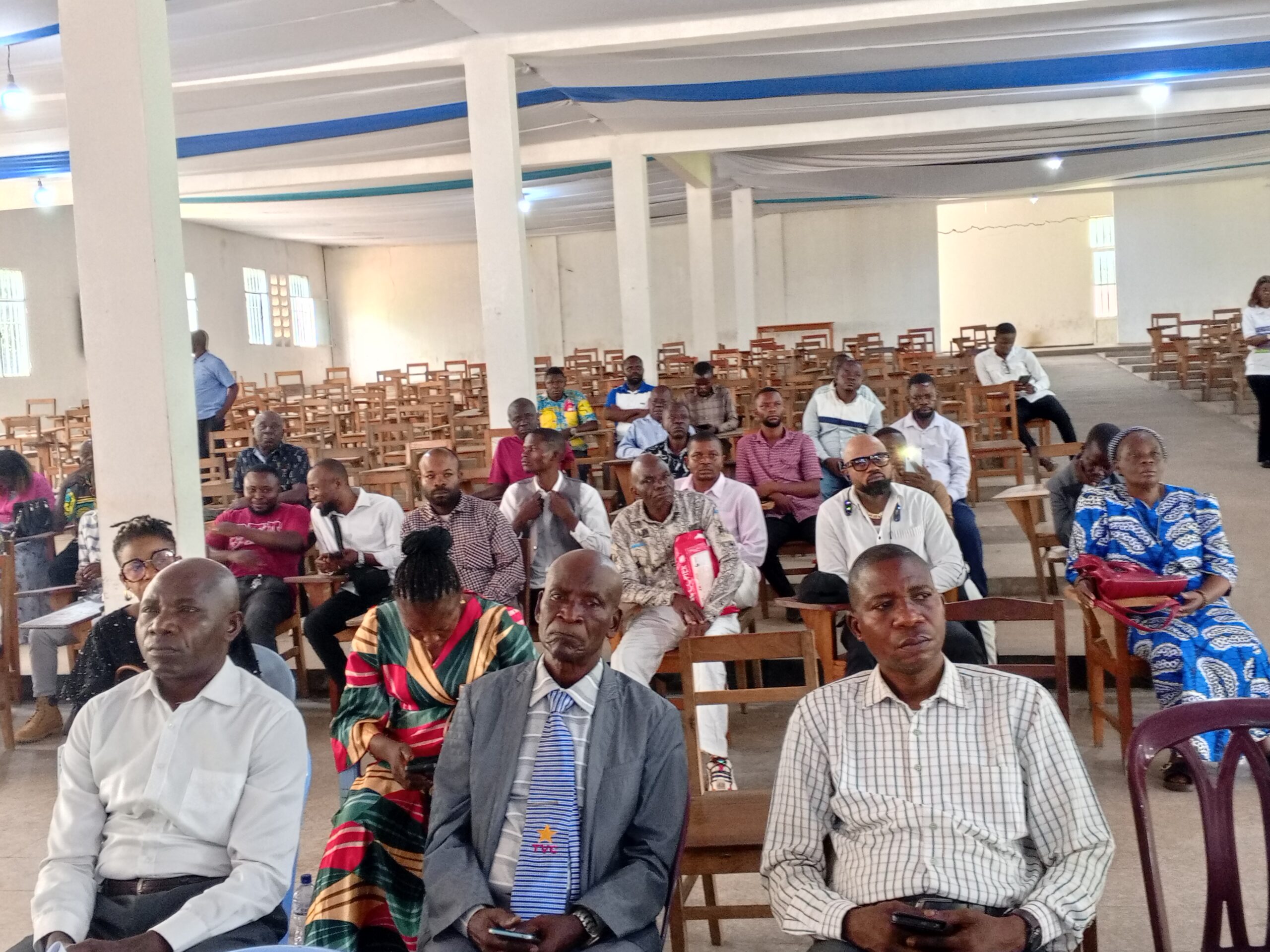
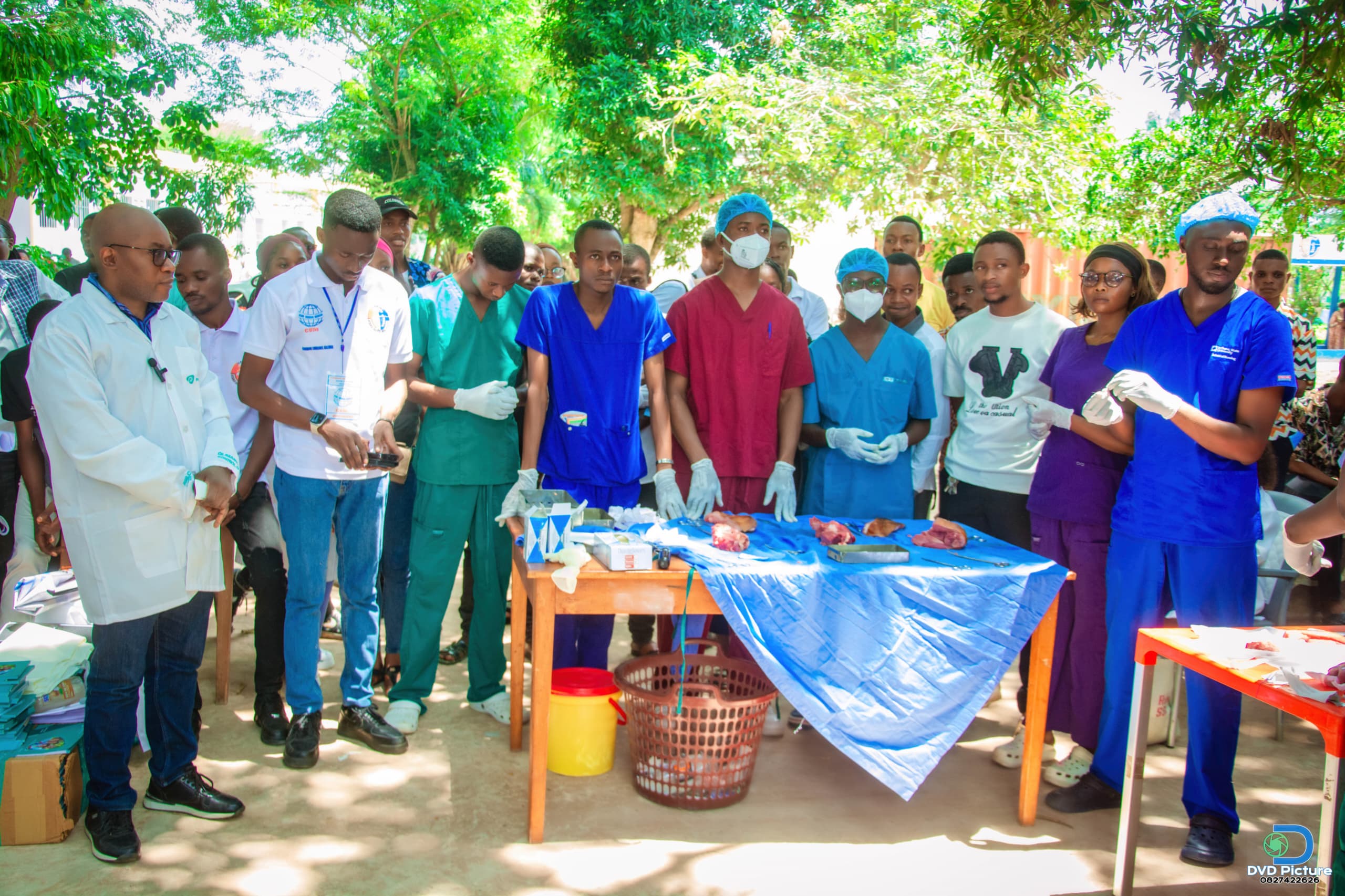

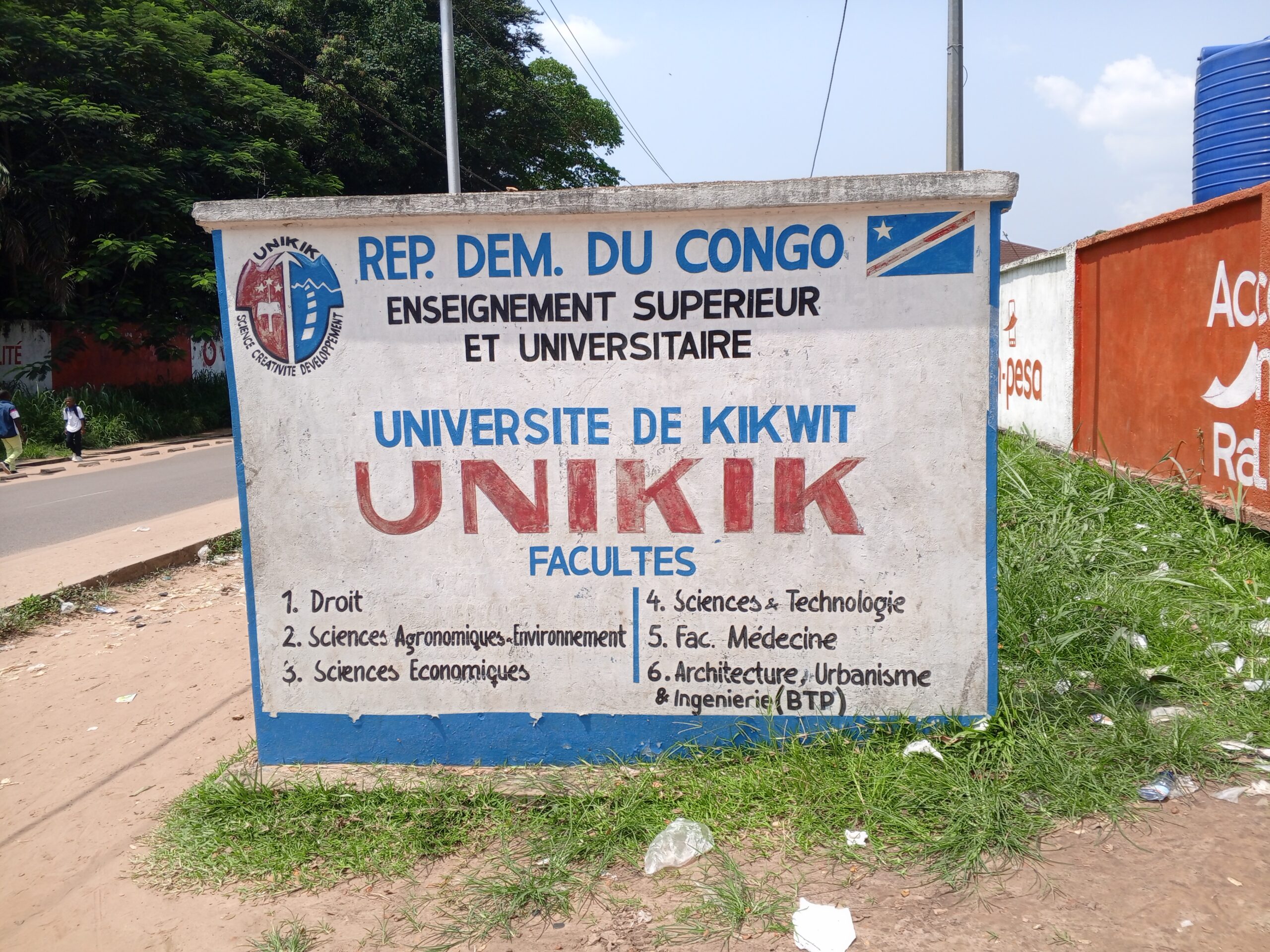
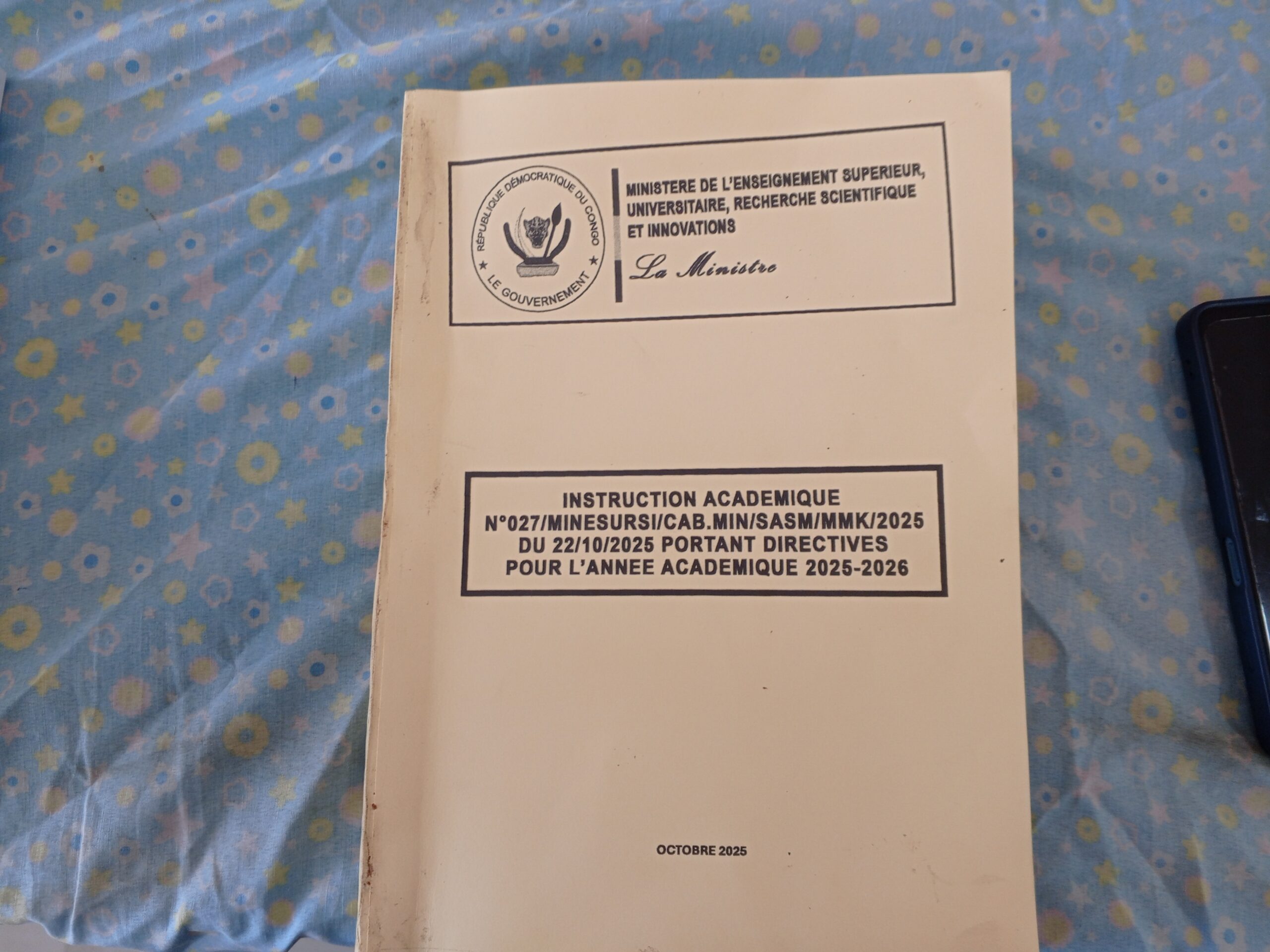

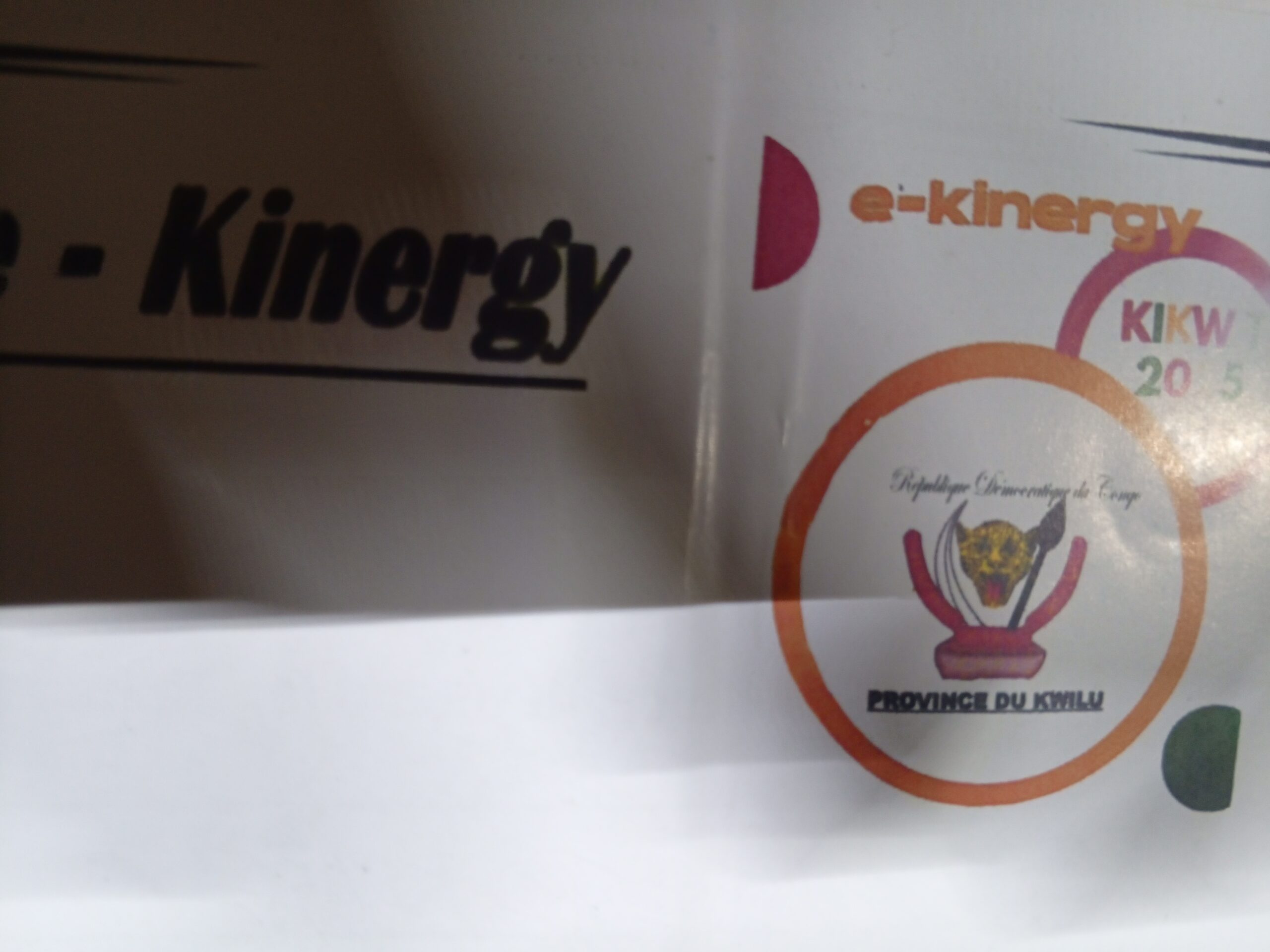
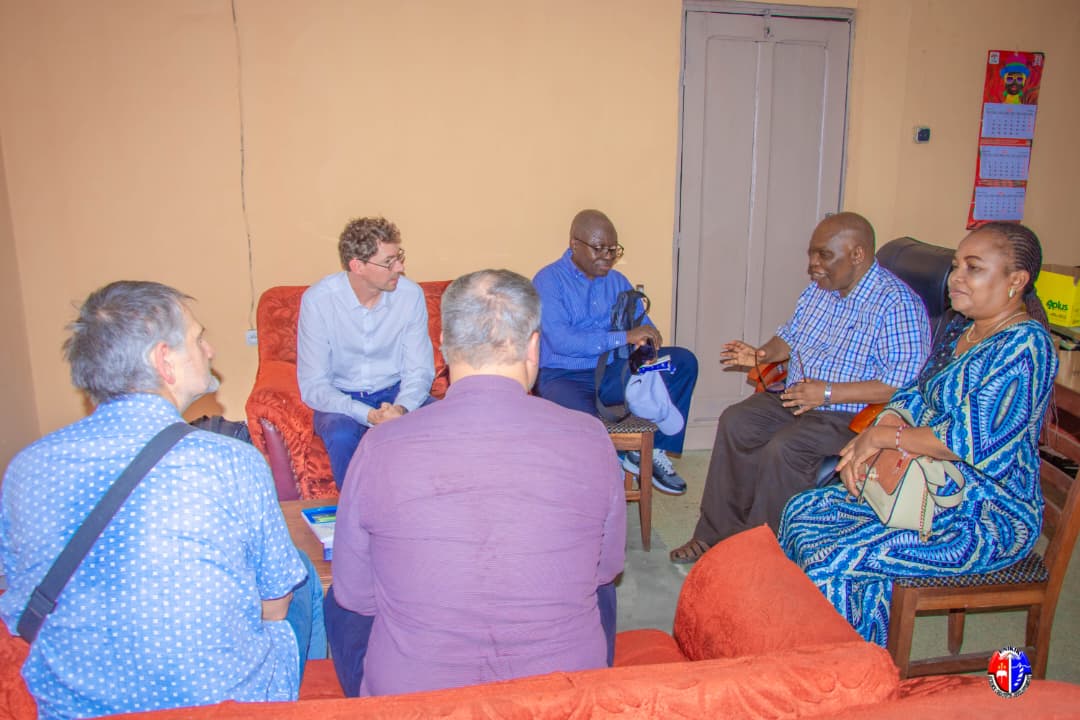
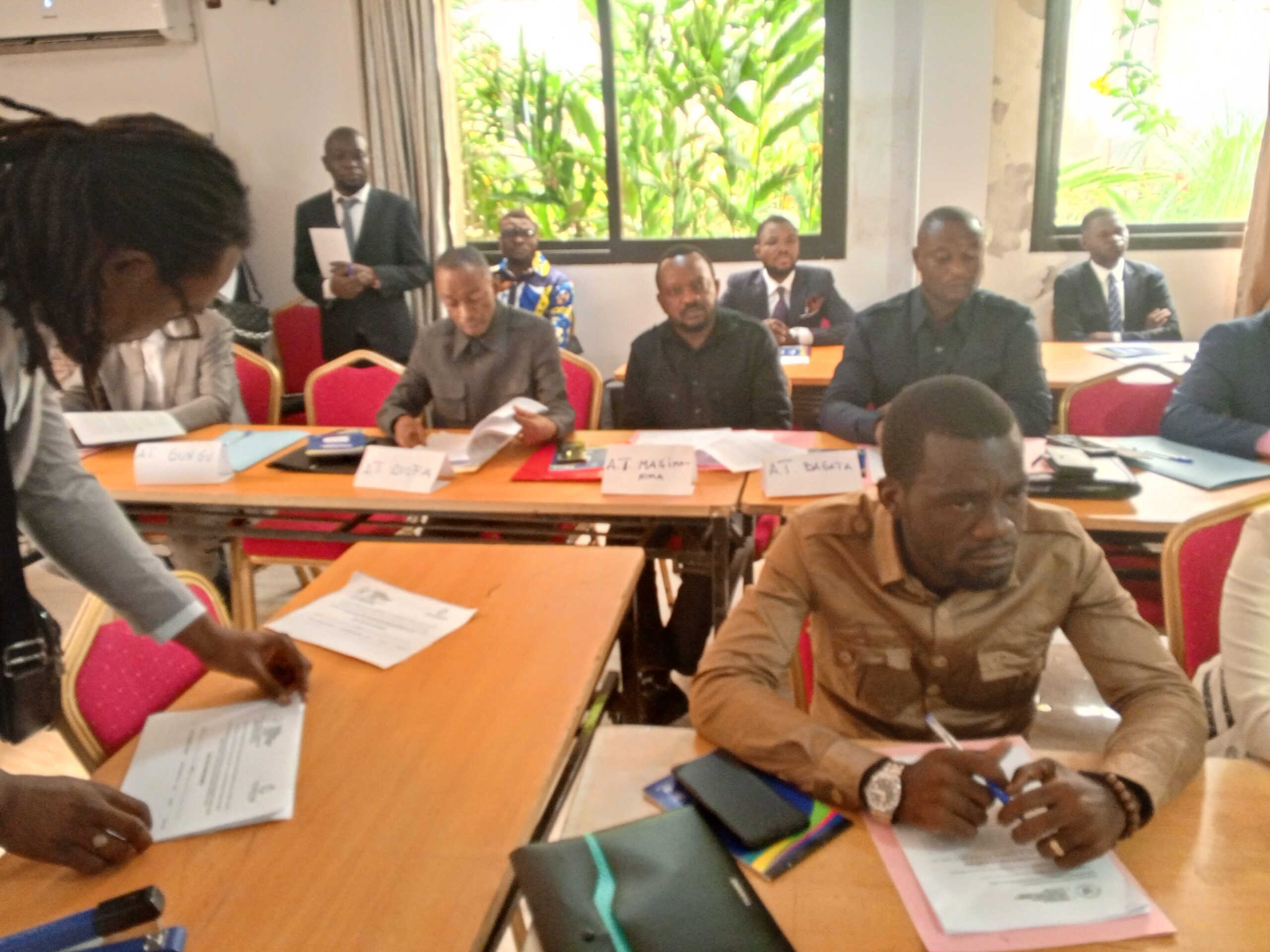
Leave a Reply